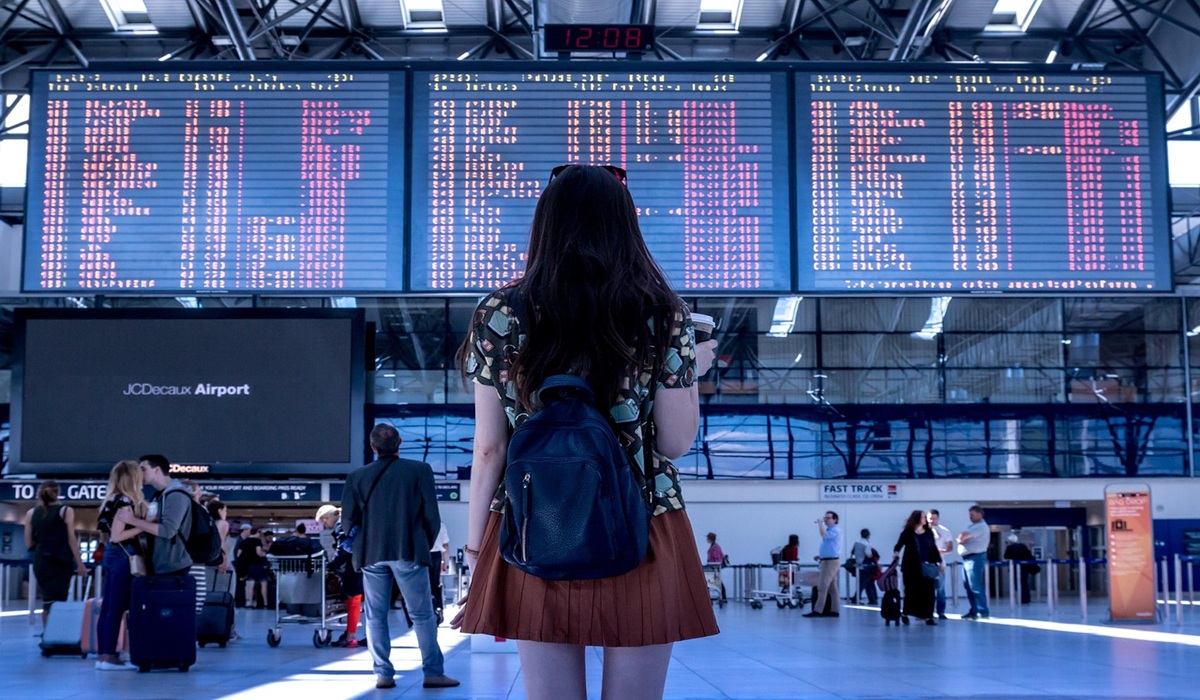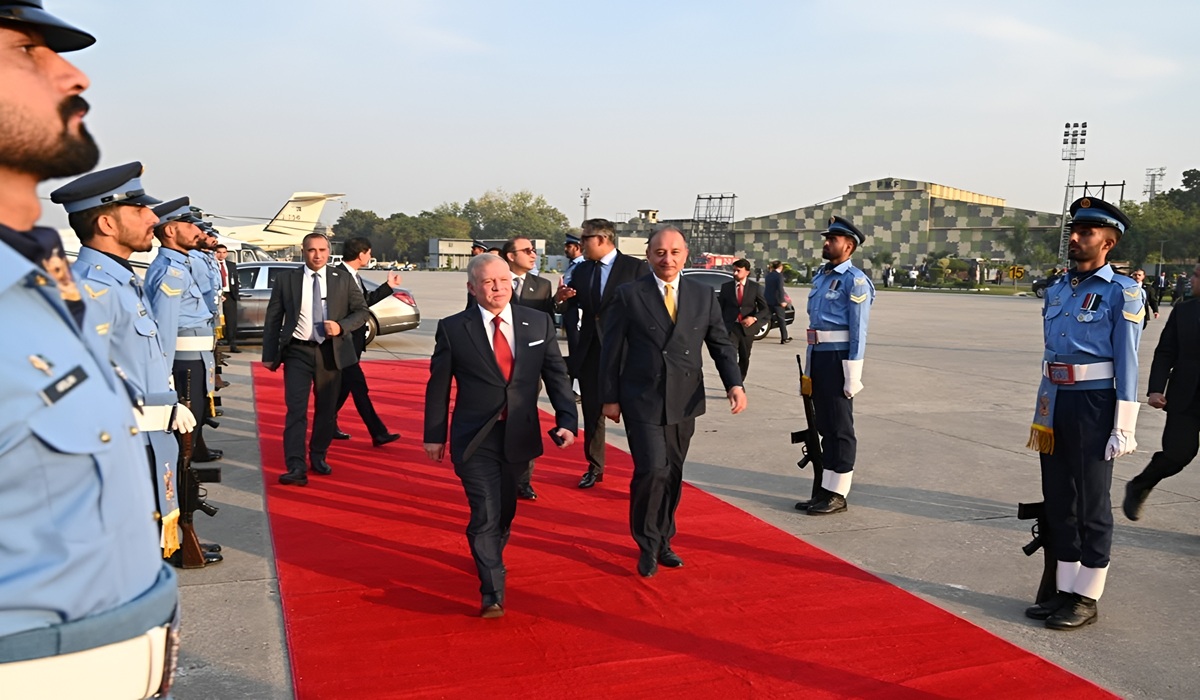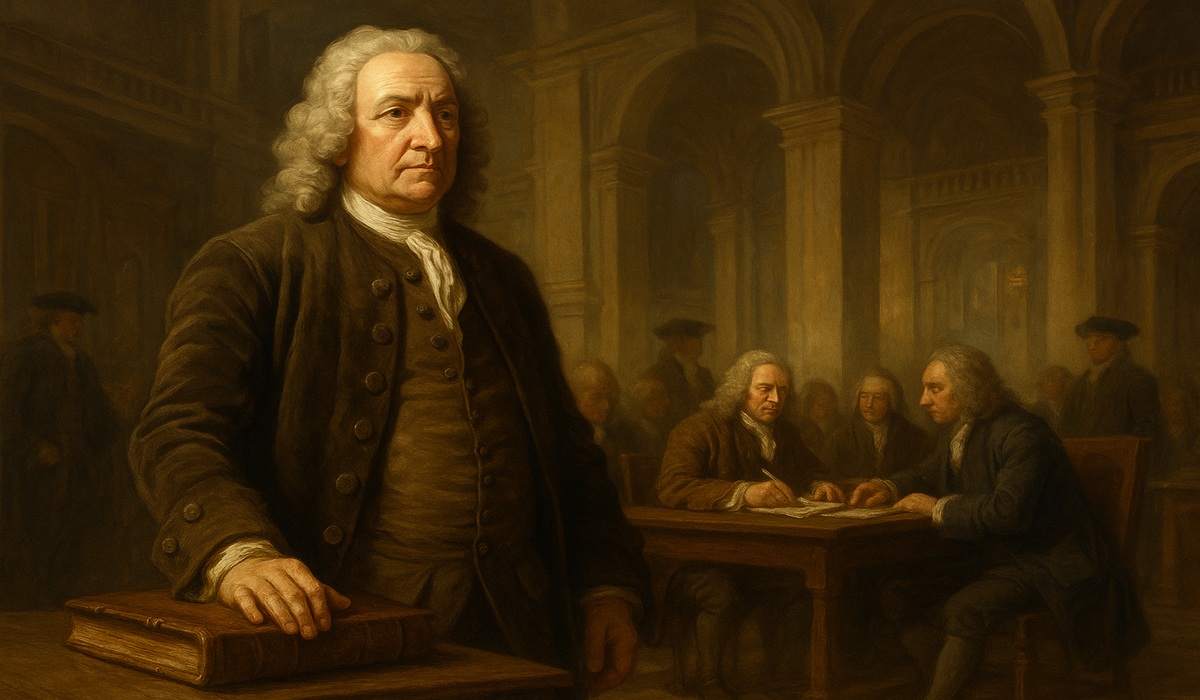Grounded Dreams: U.S. Government Shutdown Sparks Massive Flight Cancellations
- Xuemei Pal
- Trending News
- November 7, 2025

Image Credit: Jan Vašek
Across the United States, airports that once pulsed with rhythm and movement now echo with the sound of cancellations. The ongoing government shutdown has thrown the aviation system into chaos, grounding flights, stranding travellers, and revealing just how fragile the country’s intricate travel network really is.
At the heart of the disruption lies a simple, devastating equation: without government funding, the people who keep the skies safe are working without pay — or not working at all. Thousands of air traffic controllers, flight safety inspectors, and transportation staff have been furloughed or are refusing overtime as the shutdown stretches on. Those still on duty are exhausted, overstressed, and overextended. The result is a nationwide slowdown unlike anything seen in decades.
The Federal Aviation Administration, facing mounting strain, has instructed airlines to scale back departures from the nation’s busiest airports. Major hubs like New York, Chicago, Atlanta, and Los Angeles have already reduced flights by the hundreds. For ordinary travellers, this means days of cascading delays, missed connections, and indefinite waiting. For those who travel constantly — the so-called “time explorers” who chase opportunity across time zones — the situation feels like an assault on motion itself.
What’s happening now goes far beyond mere inconvenience. The modern American travel system depends on flawless timing. Every delayed plane becomes a missed connection, every grounded crew a ripple that spreads through the skies. With pilots and crews stuck in the wrong cities, and controllers forced to stretch their shifts thin, the entire grid begins to bend. Travellers who once moved with precision — from business meetings to family reunions — now find themselves caught in the unpredictability of bureaucratic paralysis.
It’s also a human crisis. Inside airports, the scenes are emotional: families camped on floors, travellers sleeping beside luggage, parents explaining to anxious children that the plane simply isn’t coming. Airline employees, themselves unsure how long the shutdown will last, are left to bear the brunt of passengers’ frustration. Schedules collapse, tempers flare, and time — once the invisible currency of modern travel — becomes painfully visible.
For frequent travellers, this shutdown is a reminder that the convenience of flight is an illusion built on an enormous network of unseen labour. Air travel works only when tens of thousands of federal employees — from security officers to weather analysts — are in sync. Remove that foundation, and the sky itself becomes uncertain.
Economists warn that each week of delay could cost billions in lost productivity and tourism revenue. Conferences are being postponed, supply chains disrupted, and businesses forced to rewrite logistics overnight. The ripple effects don’t stop at the border either — international flights relying on U.S. control systems are facing diversions and cancellations, stranding global passengers in unexpected cities.
But amid the chaos, there’s a deeper reckoning taking place. The shutdown has exposed how dependent the modern American traveller has become on structure and certainty. The “time explorers” who built careers and lifestyles around flight — from executives to remote freelancers — are being forced to rediscover patience in an age built for speed.
When the shutdown ends, planes will lift again, and the nation will resume its motion. But something will have changed. Travellers will remember how fragile that freedom was — how quickly the rhythm of movement can stop when politics meets airspace. For now, America waits, grounded not just by government, but by gravity itself.








